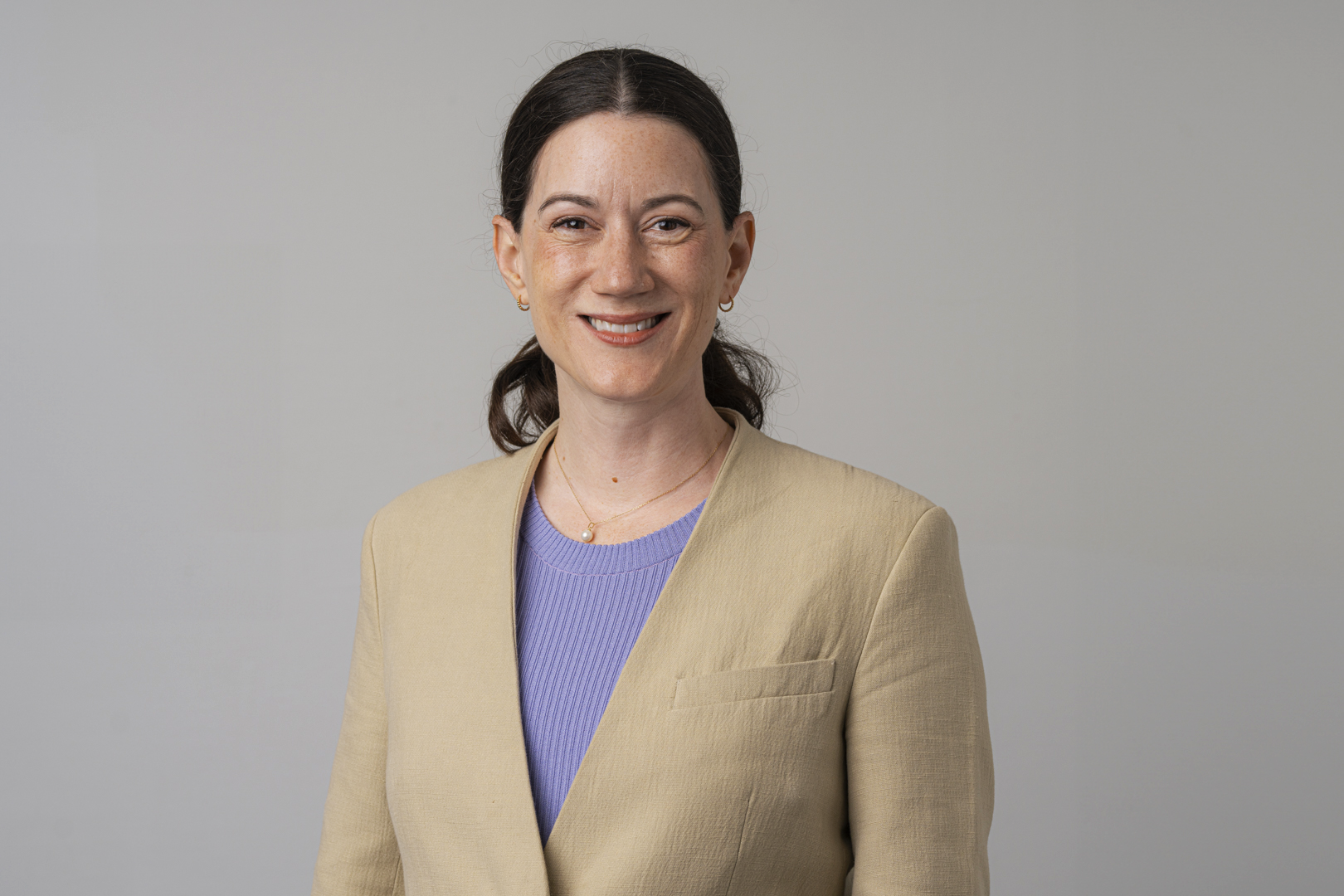Megan Tobias Neely
Research leader

Project title
Building Research on Artificial Intelligence for Innovation (BRAIN)
What is your project about?
Generative artificial intelligence (AI) is changing the world — for the better or worse. AI technologies are transforming how we live and work, from aiding in diagnosing health conditions, to providing legal advice, to informing employers’ hiring conditions, to assessing borrowers’ creditworthiness. However, we know that much like the humans that AI mimics, these technologies do not treat everyone equally. AI creates content, such as algorithms, that treats people in discriminatory or unfair ways Why do high-tech workplaces create technologies that treat people differently — even in harmful ways — based on race and gender? To understand AI’s consequences for society, we need to investigate who creates the technology. This research will examine how the social composition and everyday work of an organization impacts what is produced and the implications for society. Solving this problem provides a key to ensuring that AI innovations in work, sustainability, and healthcare meet the needs of diverse populations.
How did you become interested in your particular field of research?
My interest in AI arose while I was conducting research from 2017-2022 in the U.S. Silicon Valley on inequality in access to capital among high-tech startups and venture capital investors. How AI would change the world was on everyone’s mind. During that time, we were learning how the AI automation of jobs is displacing workers, search engines and algorithms are perpetuating racism and sexism, and that these deep-seated biases are having ethical implications for society’s wellbeing. I realized that AI is more than just a hot topic in the news media; it presents a novel case for investigating a long-standing scholarly debate on the causes and consequences of inequality in the workplace. AI arises from a strikingly unequal high-tech labor force dominated by white men in the most powerful and high-paying positions. This sparked my interest in examining how the algorithms reflect the social inequalities that we already know are deeply embedded within high-tech workplaces.
What are the scientific challenges and perspectives in your project?
Charting a new direction in research on work, organizations, technology, and inequality, this research investigates how the social diversity, or lack thereof, of an organization has consequences for the product developed and, as a result, the work’s innovative potential and societal impact. This advances a longstanding scholarly problem of identifying the causes and consequences of inequality at work in two key directions. First, the project introduces a new avenue for theories of diversity in the workplace by identifying the societal implications of a lack of workplace diversity. Second, this project charts a new horizon for research on technology and inequality by examining how the AI reflects social inequalities that are deeply embedded within tech workplaces.
What is your estimate of the impact, which your project may have to society in the long term?
The societal implications of studying who creates the AI changing our world are significant. First, the news media and AI scientists themselves have sounded the alarm about AI’s pressing risks to society. A sociological approach to studying how the AI is created and by whom will help us better understand the complexity of the potential risks. Second, AI scientists are an understudied part of a global elite with considerable power and influence. AI scientists actively contribute to scientific knowledge and impact the work of other power elites, from tech billionaires to politicians. This research will shed light on how their work and worldviews shape the research they do and its potential impact on society. Lastly, AI is driving global economic change, yet impacts people differently based on systems of inequality, such as social class, gender, race, and nationality. This project will investigate how the work leading this revolution shapes the public sphere, from the societal risks to knowledge creation to politics to the economy.
Which impact do you expect the Sapere Aude programme will have on your career as a researcher?
I am tremendously honored to receive the Sapere Aude: DFF-Starting Grant, as it will allow me to chart an ambitious new research direction and support junior researchers. I am very grateful for this recognition and the generous support of my colleagues, collaborators, and mentors who have helped to make this project possible. The grant will enable me to carry out a large-scale mixed-methods project that requires ethnographic fieldwork abroad. I am especially excited to mentor junior scholars as they further develop their methodological expertise and academic voices.
Background and personal life
I earned my PhD in Sociology at the University of Texas in Austin and was a postdoctoral fellow at Stanford University’s Clayman Institute for Gender Research. Both experiences instilled within me a deep-seated commitment to doing research with real-world importance and learning from collaborating with both academics and practitioners alike. I am also a mother and moved to Denmark from the West Coast of the United States with my spouse who I met decades ago working at a children’s sleepaway camp in the Columbia Mountains. We love spending time in the great outdoors and with our friends and family.
View all research leaders here
Research institution
Copenhagen Business School
Research field
Sociology and Organization
City of your current residence
Frederiksberg
High school
Lewis and Clark
